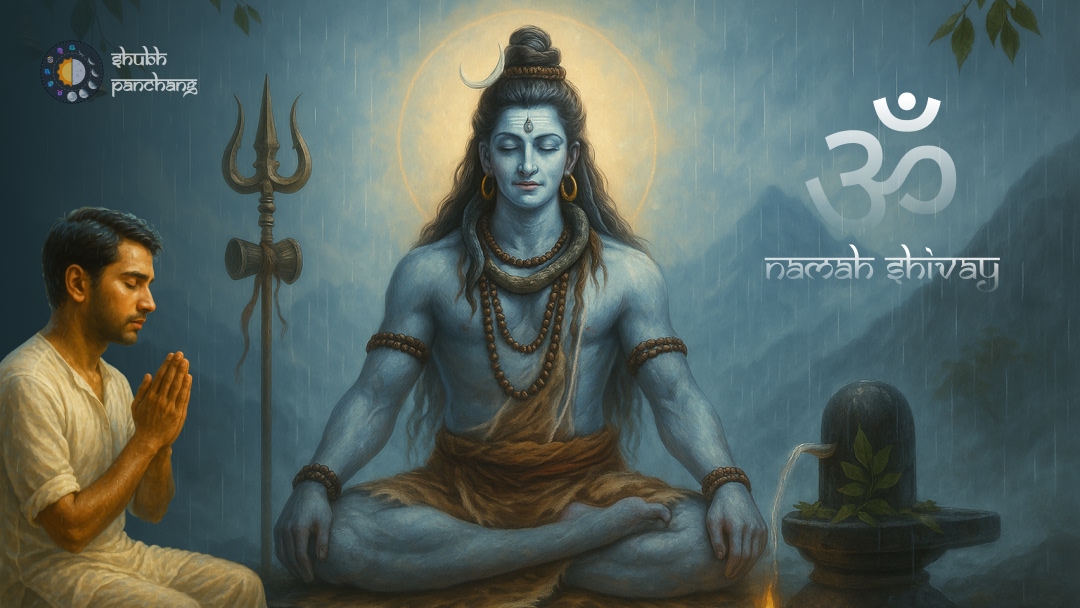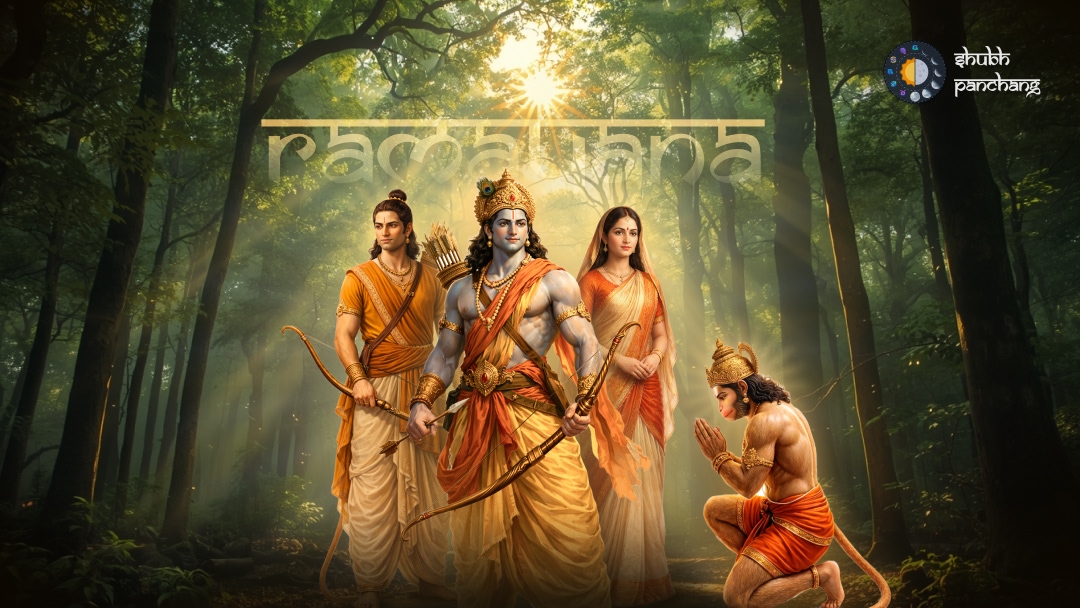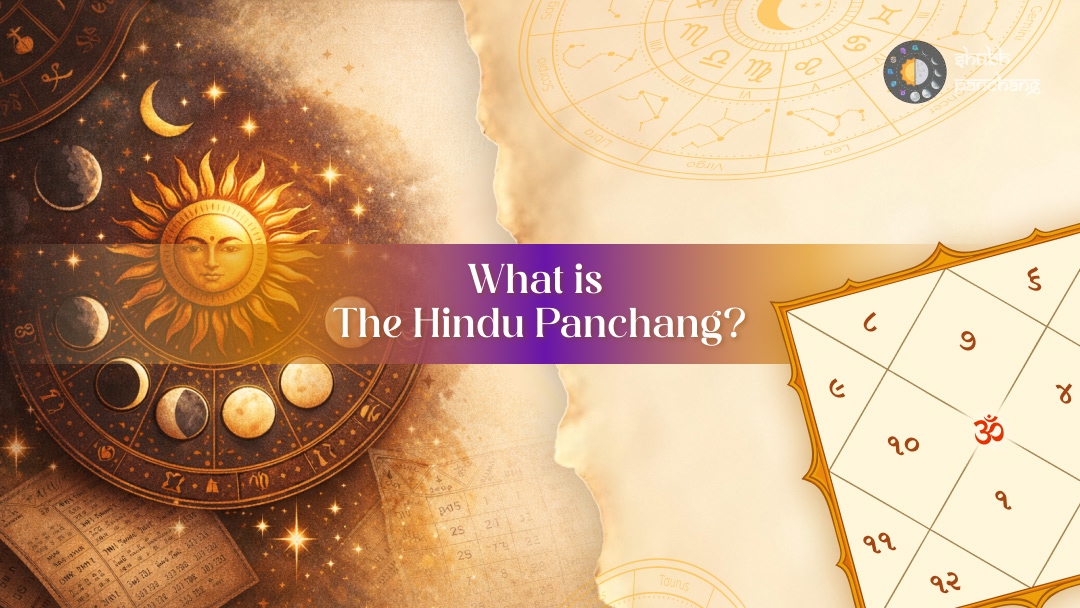
Shravan: More Than Just a Month
Shravan, or Sawan, holds a pivotal place in the Hindu calendar, and honestly, it's more than just a month – it’s a feeling, a vibe, a spiritual awakening. I’ve noticed over the years that even those who aren’t usually inclined toward religious practices find themselves drawn to the devotional atmosphere that envelops us during this time. Wait until you discover the depths of its significance!
Timing and Significance: The Monsoon Connection
Shravan typically spans from late July to August, aligning with the monsoon season in India. This timing is no accident! Think about it – the parched earth is rejuvenated by the rains, life flourishes anew, and similarly, our spirits are invited to cleanse and renew themselves. Interestingly, different regions might start Shravan at slightly varying times depending on the lunar calendar followed, either Purnimant or Amavasyant. Don't get bogged down in the details though – the essence remains the same regardless.
The Month of Shiva: A Tale of Sacrifice
Why is Shravan so special?
Well, it’s primarily dedicated to Lord Shiva. According to the Hindu scriptures, the churning of the ocean (Samudra Manthan) happened during this month. Shiva drank the poison (Halahala) that emerged, saving the universe, and his throat turned blue. Devotees offer him water from the holy river Ganga to relieve his burning throat. But beyond the mythological stories, it's the palpable sense of devotion that resonates. After years of practice, I've seen first hand the profound effect it can have.
Rituals and Observances: A Deep Dive
Rituals and Observances: A Deep Dive
So, how do people observe Shravan? The most common practice involves fasting, especially on Mondays (Shravan Somvar) which are considered highly auspicious. Some observe a complete fast, abstaining from food and water, while others might opt for a partial fast, consuming only fruits, milk, and certain permitted foods. The key is sincerity and devotion, not rigid adherence to rules. Temples dedicated to Lord Shiva are thronged with devotees offering prayers, water, milk, and bel patra (wood apple leaves). Chanting mantras, especially 'Om Namah Shivaya', is a common practice. Many also undertake pilgrimages to Jyotirlingas, the twelve holiest Shiva temples in India. Wait, there's more. Many people perform 'Rudrabhishek', a special ritual where Lord Shiva is bathed with various substances while chanting mantras. It's a powerful experience, believe me!
Spiritual Importance: Connecting Within
But what about the spiritual importance, you ask? Shravan is a time for introspection, self-reflection, and course correction. It’s a reminder to detach from materialistic pursuits and connect with our inner selves. The increased focus on prayer and meditation during this month helps to purify the mind and cultivate positive qualities like compassion, forgiveness, and contentment. And let’s not forget the power of community! The collective energy of devotees during Shravan creates a powerful spiritual field that uplifts everyone.
Modern Vedic Living: Shravan in the 21st Century
Modern Vedic Living: Shravan in the 21st Century
Now, how do we integrate this ancient wisdom into our modern lives? Here’s the thing: you don’t have to abandon your career or become a hermit. Even small changes can make a big difference. Try incorporating a few minutes of meditation or mantra chanting into your daily routine. Visit a Shiva temple if possible, or simply offer a prayer from your heart at home. Be mindful of your actions and strive to be more compassionate and understanding towards others. Here's a tip: fast consciously. Don't just starve yourself; use the time to connect with your body and mind. And think about Seva - selfless service.
Regional Variations and Family Traditions
Many women observe 'Mangala Gauri Vrat' every Tuesday during Shravan, praying to Goddess Parvati for marital bliss and family well-being. It involves specific rituals and the offering of special foods. In some regions, swings are set up in gardens and courtyards, symbolizing joy and celebration. Singing devotional songs and sharing stories related to Shiva and Parvati are also common practices. I've always loved the community aspect of these celebrations, bringing people together through shared faith and joy.
Embrace the Transformation
Shravan isn't just about rituals; it's about transformation. It’s an opportunity to deepen your spiritual practice, cultivate inner peace, and connect with the divine. Embrace the devotional atmosphere, engage in selfless service, and let the spirit of Shravan guide you towards a more fulfilling and meaningful life. What's fascinating is that the lessons of Shravan -- sacrifice, devotion, and inner reflection -- are timeless and universally applicable, regardless of your background or beliefs. So, why not give it a try? You might just surprise yourself with what you discover!







